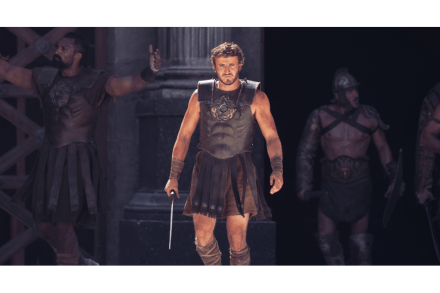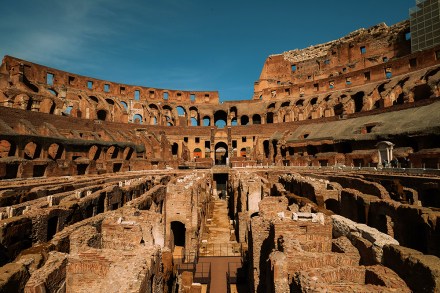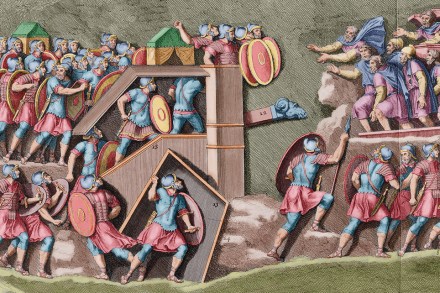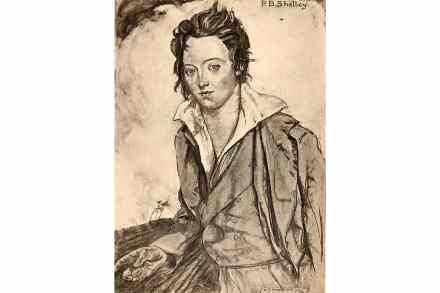Is it meant to be a comedy? Gladiator II reviewed
It’s nearly 25 years since Ridley Scott’s Gladiator came out and you’ve probably been wondering what happened to the little boy in that film. I know I have. I can’t say it’s kept me up at night, but at the back of my mind it’s always been: where is Lucius, son of Maximus, nowus? Well, Lucius, son of Maximus, is nowus a strapping lad with thighs of steel who has been forced to become a gladiator and fight for his life just like his pop. This film borrows heavily from the first instalment. True, it does have some new elements. It has Paul Mescal, Denzel Washington, monstrous man-eating baboons, sharks,






